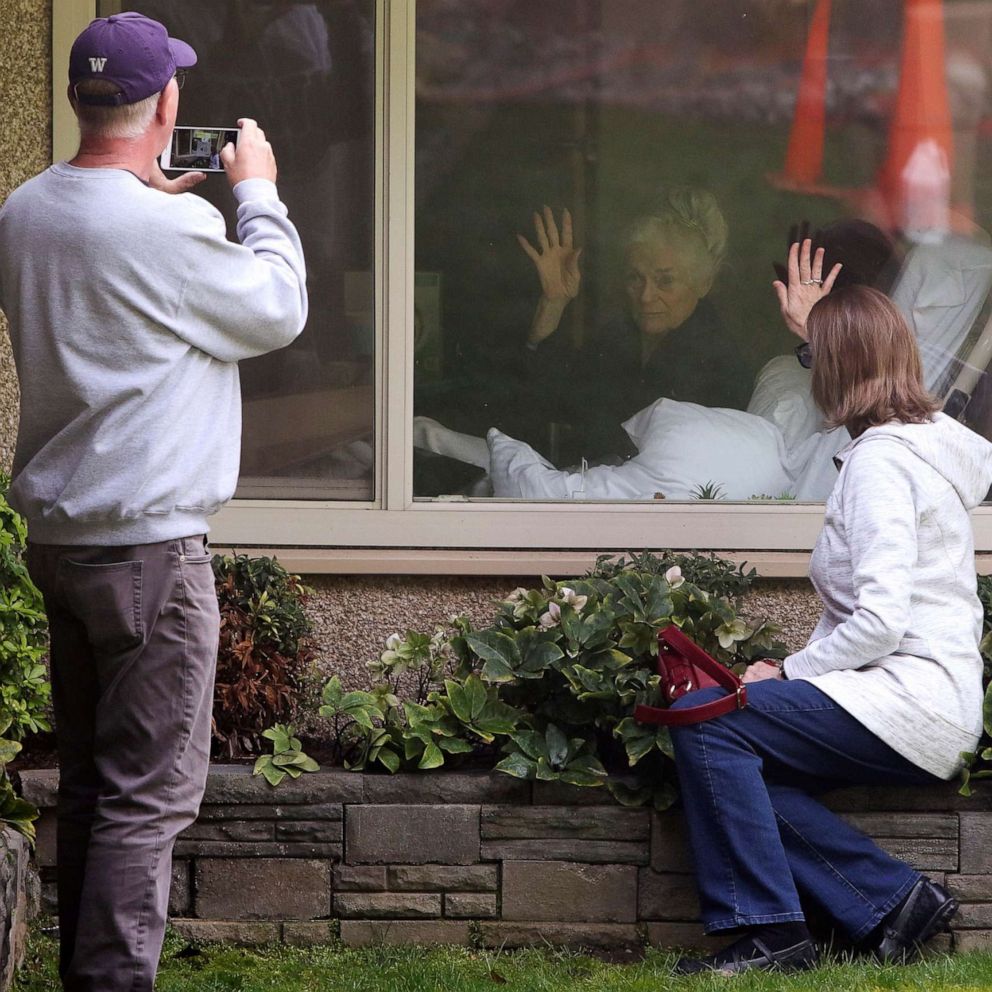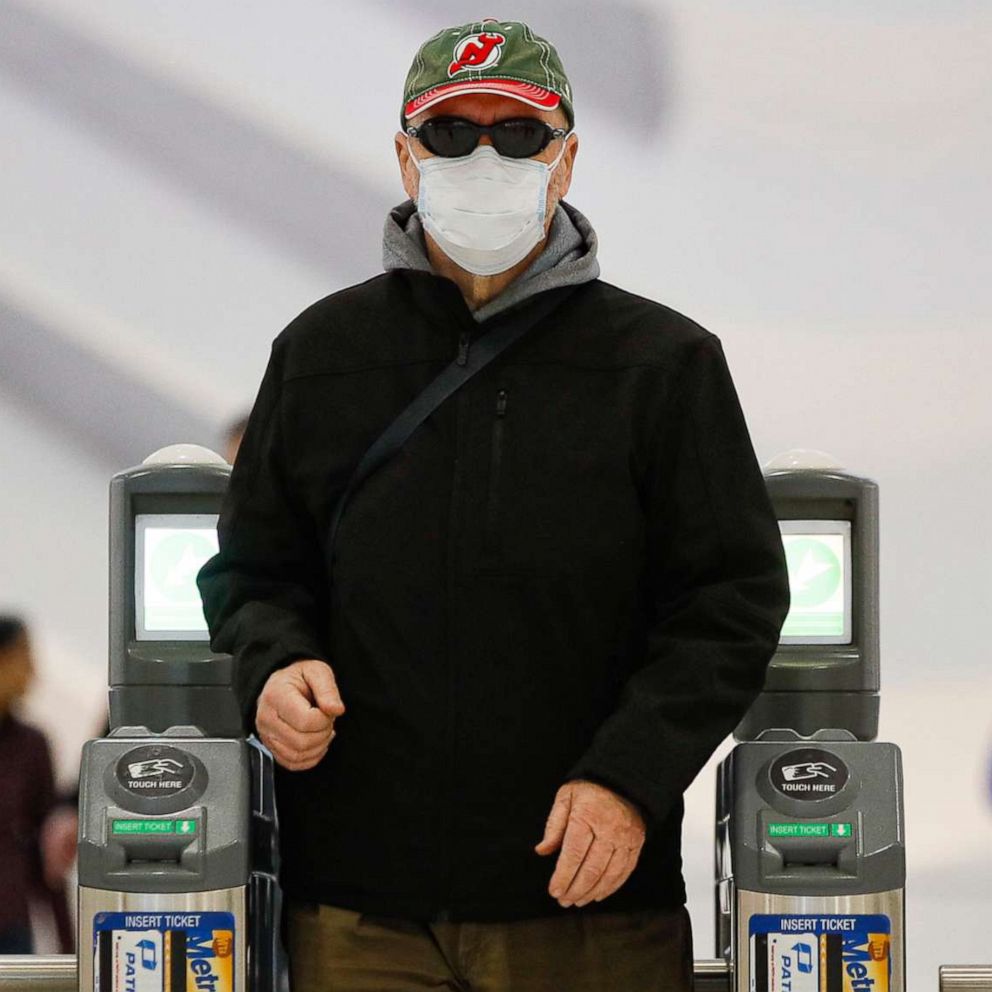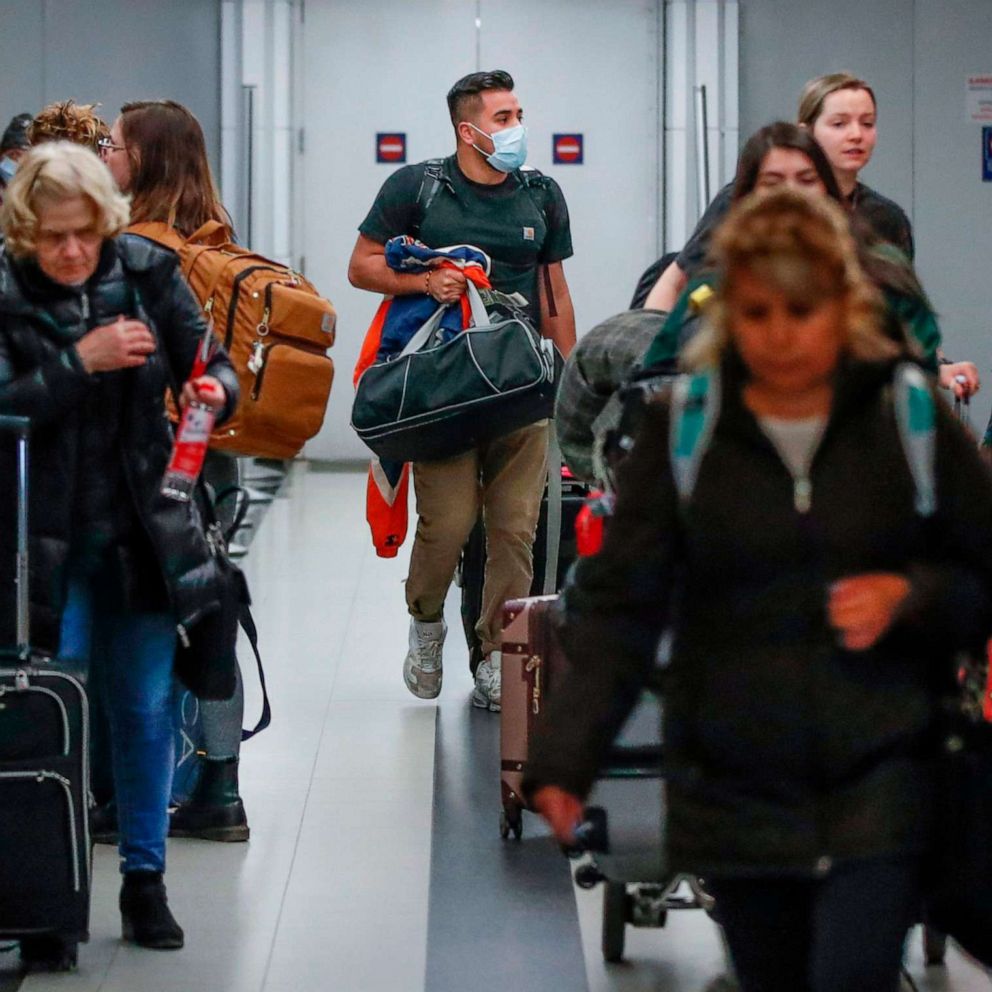Nursing home residents adapt to solitude as they brace for COVID-19
America’s nursing homes get creative as they brace for COVID-19.
As the federal government imposes strict new rules to prevent the spread of coronavirus, America’s nursing homes are trying to get creative to combat fears about what could come next.
That means “hallway bingo” in Beaver Dam, Kentucky; video conferences with family at The Villages in Rockville, Maryland; and a fresh supply of puzzles and coloring books at the Avoyelles Manor nursing home in Plaucheville, Louisiana.
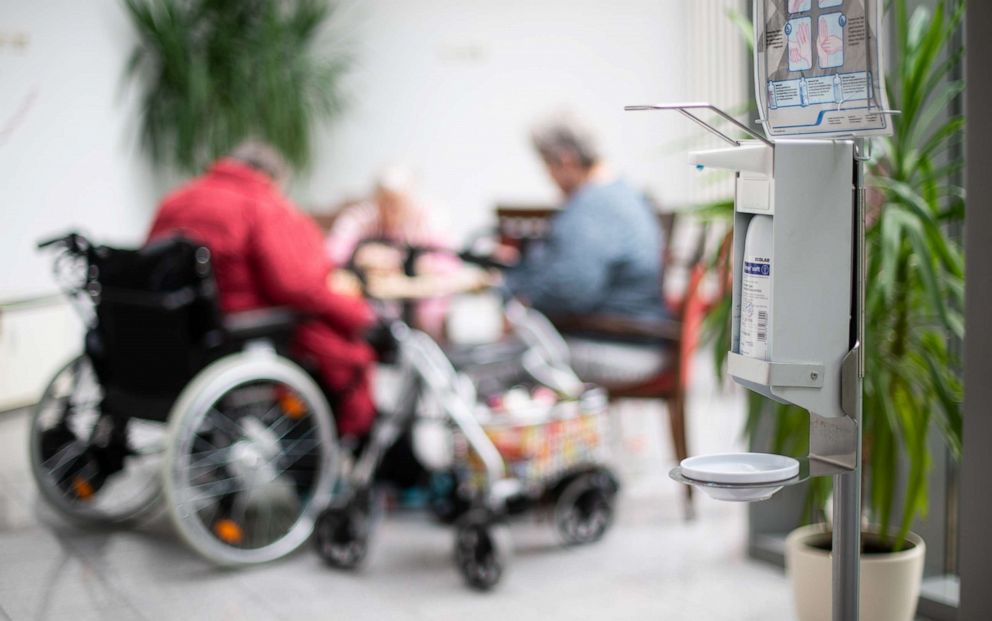
"We are trying to keep the morale up with the residents and staff," said Jake Wallace, the assistant administrator at Avoyelles Manor. "It’s getting tough and we are struggling."
What to know about Coronavirus:
- How it started and how to protect yourself: Coronavirus explained
- What to do if you have symptoms: Coronavirus symptoms
- Tracking the spread in the US and Worldwide: Coronavirus map
Last week, federal officials sent out new rules for the nation’s 15,600 nursing homes that largely close them off to visitors, cancel group activities and communal dining, and increase the frequency and intensity of health screenings. The crackdown has come in the wake of over two dozen deaths at the Life Care Center of Kirkland, Washington. The home for 120 seniors was overrun with COVID-19 in the first days of the viral outbreak, and fast-spreading infections there have alerted the nursing home industry that their residents may now be among the most vulnerable in the U.S.
Yet even as residents hunker down, there remain strong concerns both in the industry and from its critics, that the nation’s nursing homes aren’t completely ready.
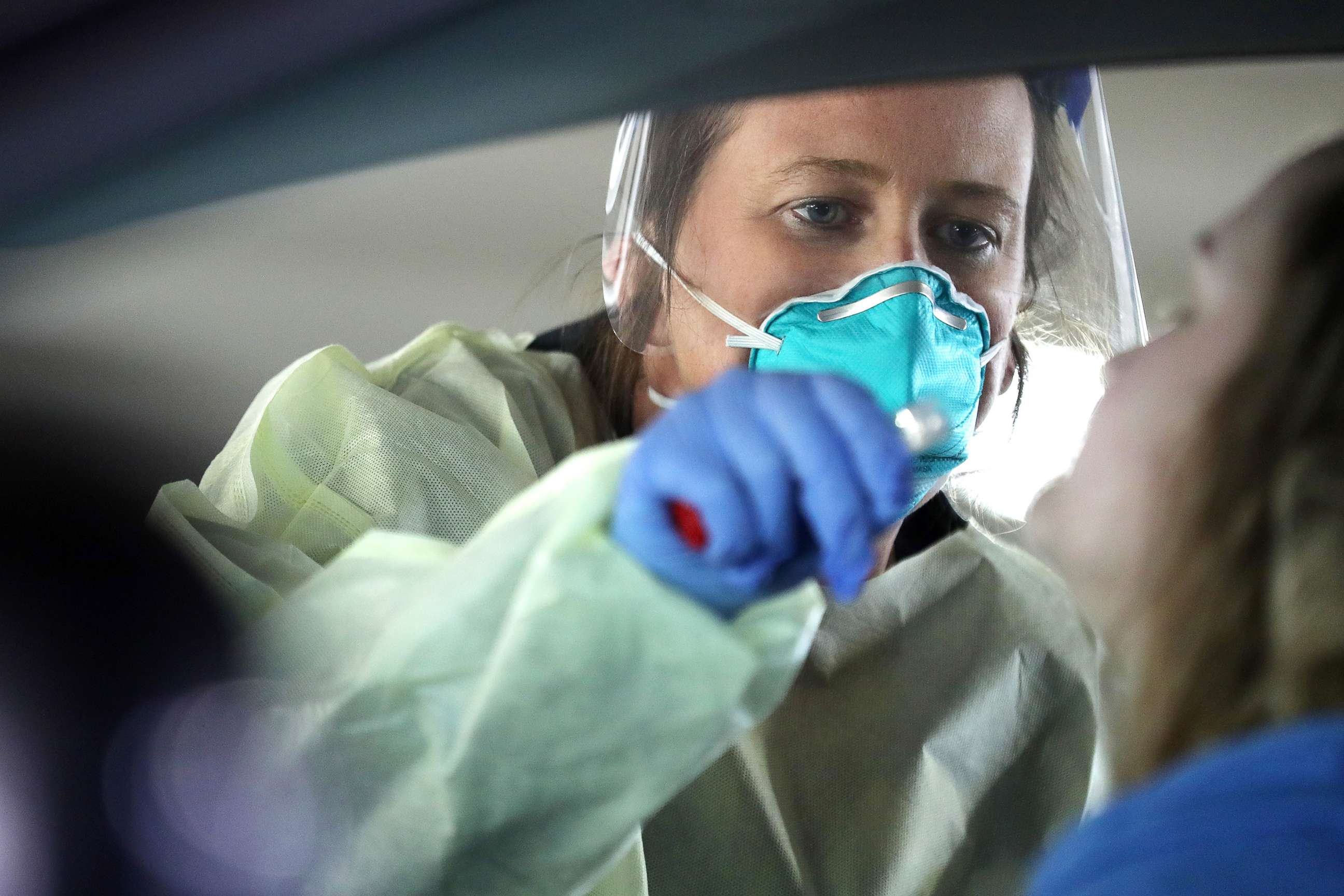
"My deepest concern is that we’re going to have hundreds more of these episodes like Kirkland," said Wes Bledsoe, founder of A Perfect Cause, a group that advocates for nursing home residents.
Bledsoe said he has been trying to sound alarms about the risks of a nursing home industry that he believes is ill-prepared for this type of viral spread. He said the major concerns are a lack of protective equipment and a shortage of workers who can respond as homes seek to separate infected residents from those who are still healthy.
The industry’s track record has not been pristine. An analysis of federal inspection records by ABC owned stations found that health inspectors cited roughly 75% of nursing homes nationwide as failing to have or follow a plan to prevent the spread of infectious diseases in the past four years, between 2016 and January 2020. Bledsoe said he has seen similar concerns raised about infection control.
"It’s one of the highest cited deficiencies year after year," he said.
Bledsoe said the industry needs to move quickly to respond to the virus, and industry officials say that is exactly what they are doing.
"We are doing everything we can."
Dr. Mark Gloth, the chief medical officer at HCR ManorCare, one of the nation’s largest nursing chains, said he harbors concerns about the supplies of available medical equipment, and about the number of nursing home workers needed to respond if there is a crisis. He said the chain which has 168 nursing facilities and 54 assisted living centers, has conducted audits that show the needs can be met right now, but will be stretched if the virus spread is widespread or prolonged.
"I’ll tell you, that demand is going to continue to be greater," Gloth said. "We’re in the same situation as everyone else across the country."
Gloth said the company has been aggressive in recent weeks to try to ensure workers are using coveted supplies only when necessary. And they responded early -- ahead of the federal rules -- to impose steps isolating residents from potential risks from visitors carrying the virus.
"We care deeply about their well-being," Gloth said. "We are doing everything we can."
Independent and privately owned nursing homes are similarly stretched.
Laura Cole, the administrator at a privately owned home with 58 residents in Beaver Dam, Kentucky, said her facility has turned to private sources for help.
"Donations have been a big help in keeping us open," Cole said. "Families and members in the community have been donating supplies, clothes and games for our residents."
Intercom bingo
As residents and their families brace for the virus' continued spread, nursing homes have tried to maintain a sense of calm.
Jessie Beard, 88, who lives at Avoyelles Manor in Louisiana, said she has not seen major shifts in her daily routines, other than becoming more isolated.
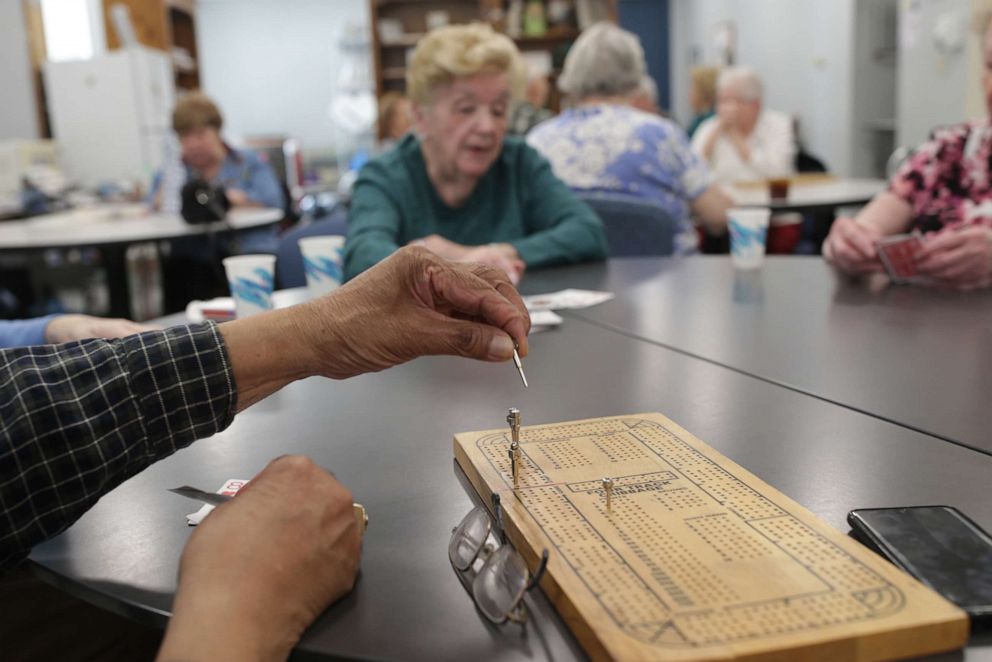
"We still play bingo at 1:00," Beard said. The most drastic change has been the visitation ban. "I can’t see my family but I can talk to them every day over the phone."
Michael McHenry said his family has been struggling to keep tabs on his grandfather, who is living in a nursing home in Dresher, Pennsylvania.
"There was no communication," McHenry said. "My family found out about new visitation rules from the website. They didn’t have any direct contact with us in terms of what we could and couldn’t do."
McHenry said despite those worries, he cannot come up with a better way to ensure his grandfather’s safety.
"Ultimately, they are taking the right steps and I think he is in the best place," McHenry said.
Others are taking matters into their own hands. Emily Freeman, a school teacher in suburban Maryland, said she and her siblings were not ready to be totally cut off from their mother, who has been living in Riderwood Village, a retirement community home in the Washington, D.C., suburb of Silver Spring. They had a family meeting and decided to remove her from the nursing home.
With new restrictions that would prevent them from visiting their mother, they opted for bringing her to a spare room in one of their homes.
"My siblings and I wouldn’t be able to see her," Freeman said. "Although I know the community is taking really aggressive measures for the benefit of their residents, it would have been catastrophic for my mother."
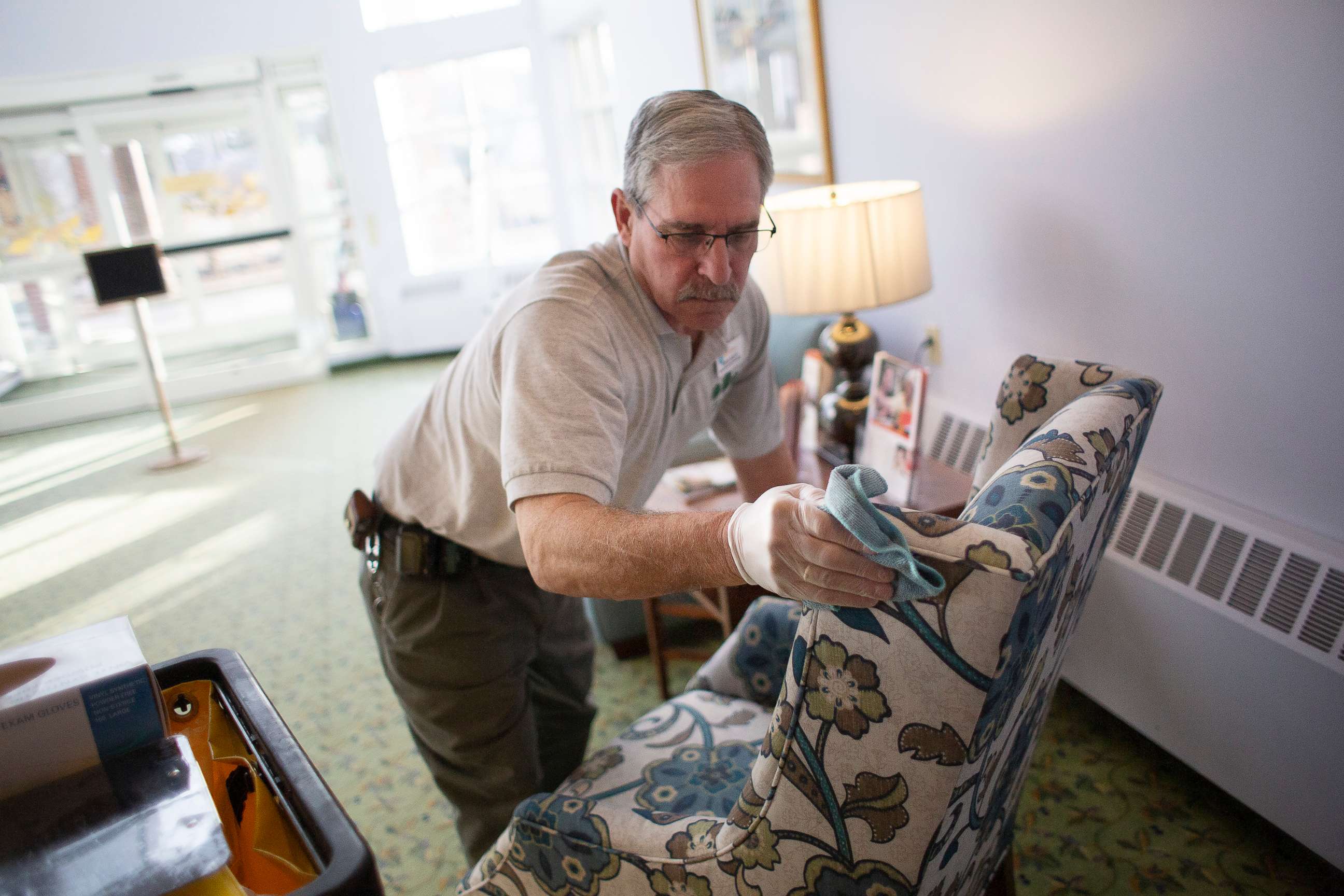
For those who remain in nursing facilities, days without social interaction are being filled with the best forms of entertainment the homes can muster. At Avoyelles Manor in Plaucheville, Louisiana, the 68 long-term residents are listening to a loudspeaker to hear their bingo number called.
The director said the staff "had to get creative" as communal dining and group activities have been canceled.
"We are trying to keep the morale up with the residents and staff," Wallace said. "We play bingo over the intercom and people are happy."
